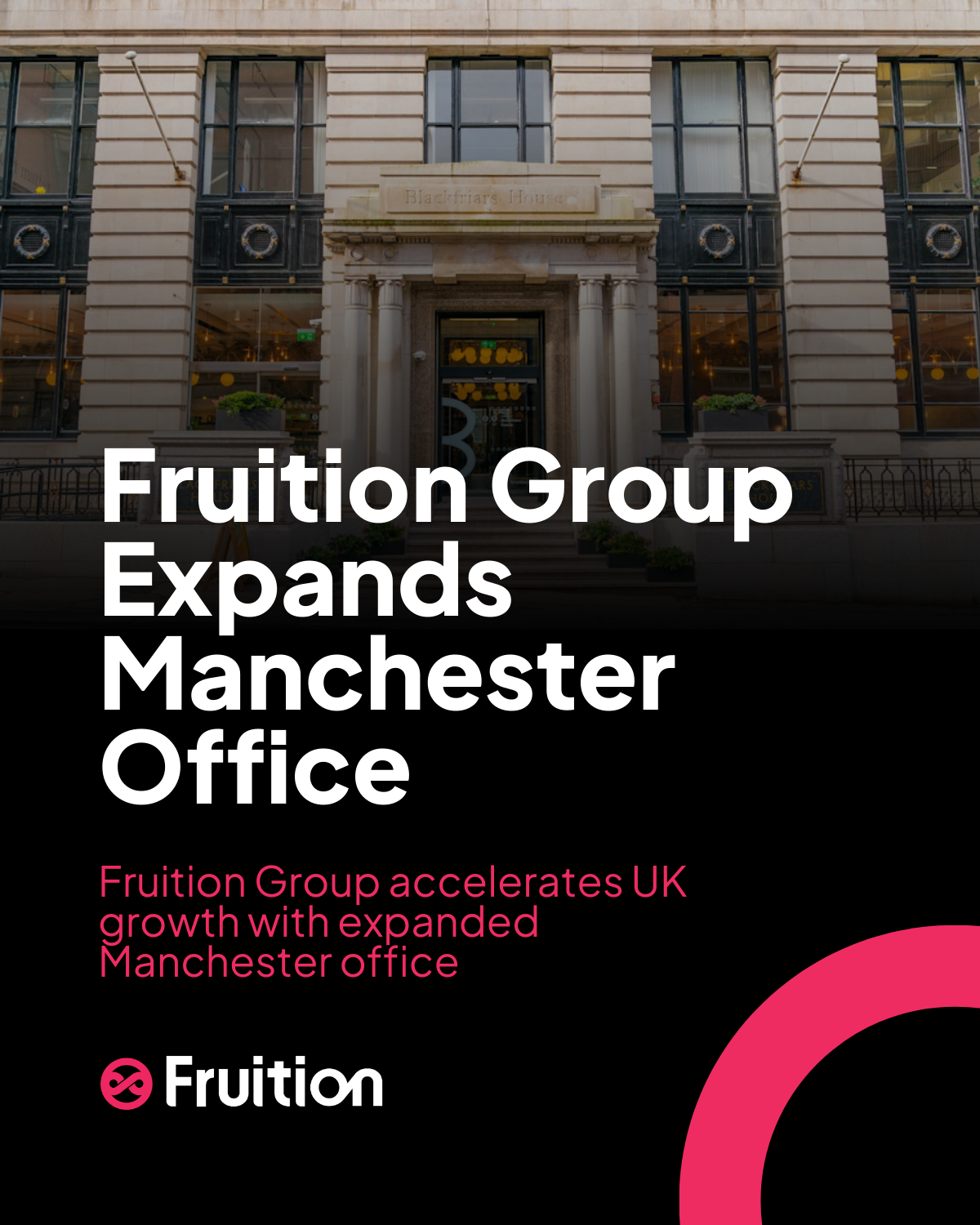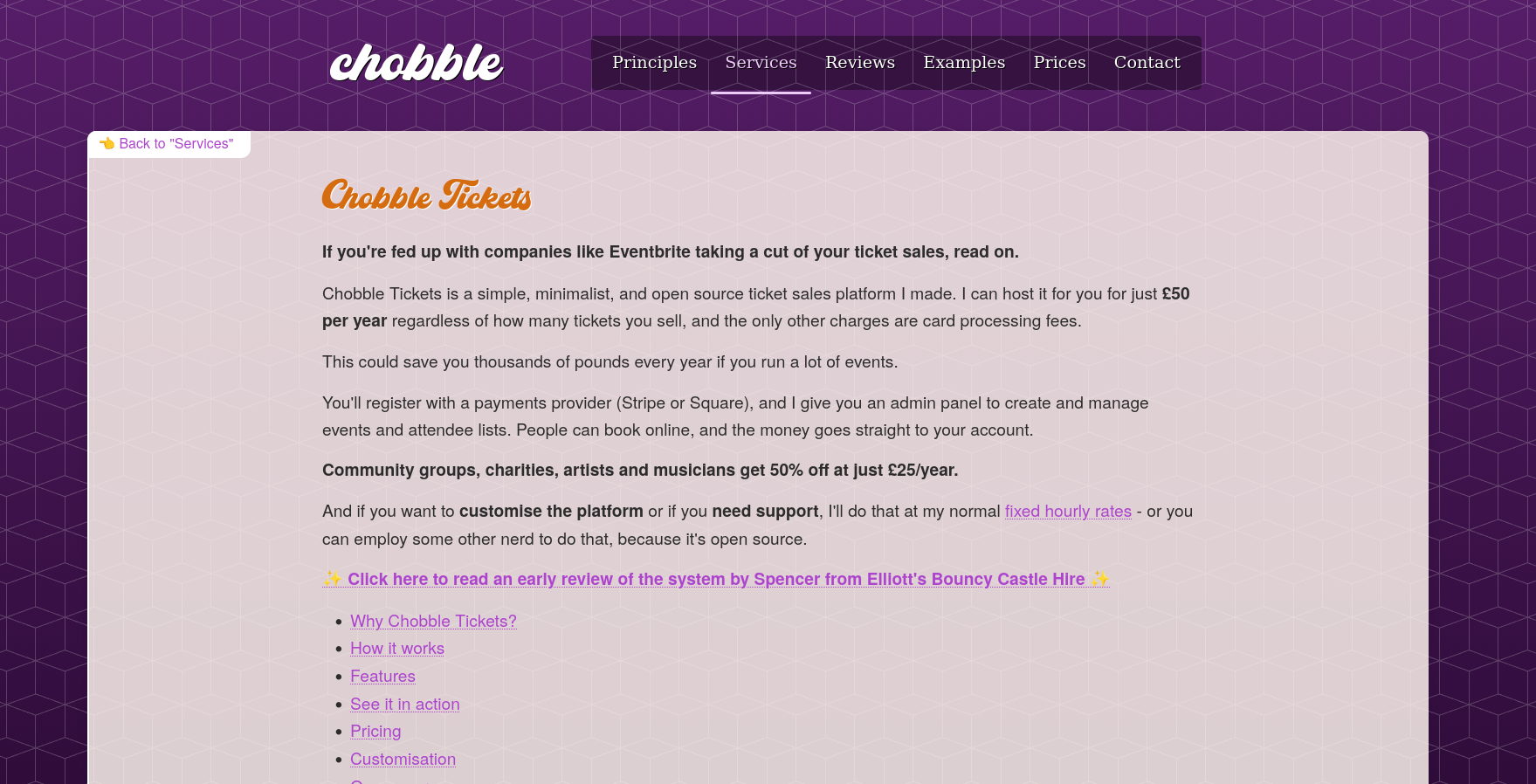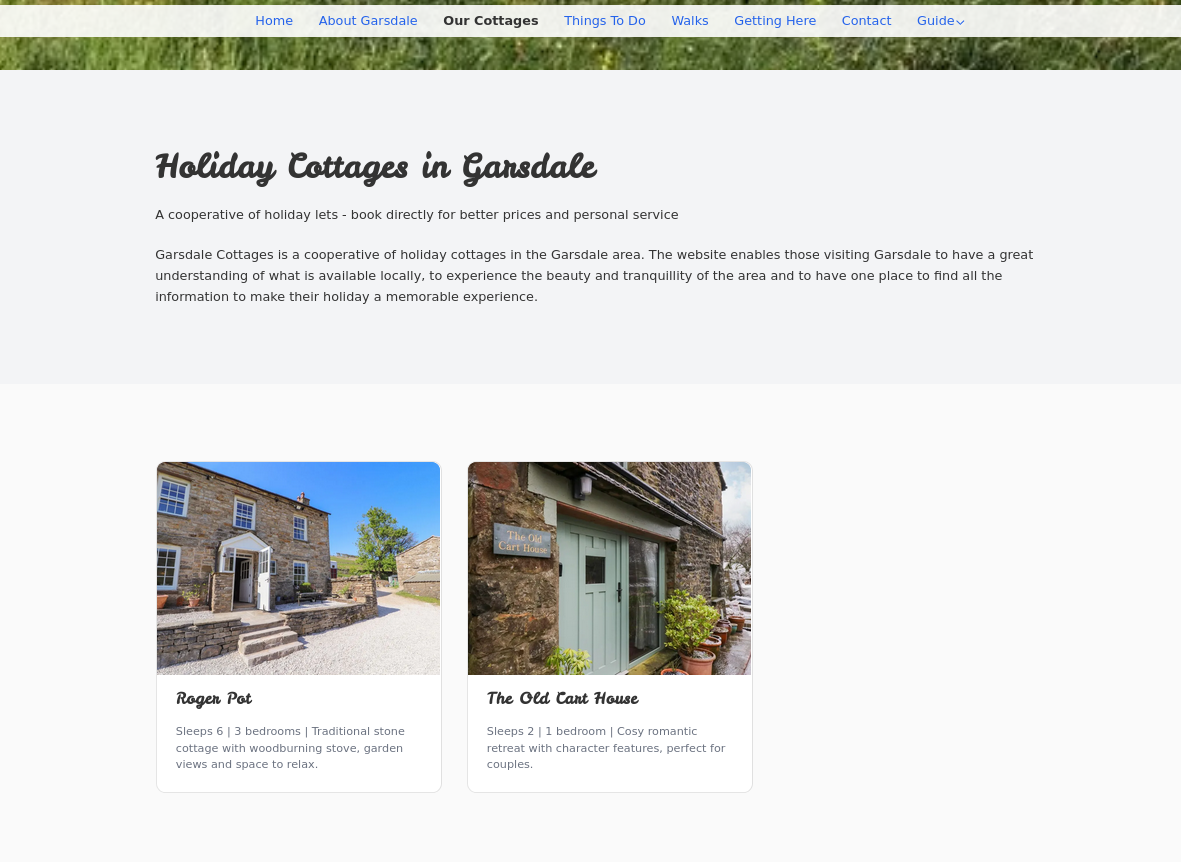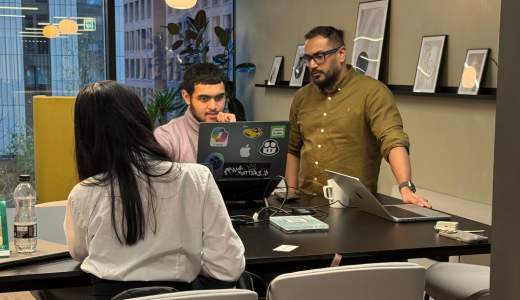
‘How can virtual learning be genuinely transformational? This article describes how the combination of two methodologies, Experiential Learning & Vertical and Horizontal Development, can enable the design & delivery of transformational virtual development experiences that support employees to operate in the current VUCA business environment.
Business Context?
Today’s VUCA context for business leadership is highly challenging - the environment in which we all operate is fast-paced and there is little stability. To respond to this environment, employees need to be aware, adaptable and agile, able to change quickly and skilfully. Leaders need to create adaptive organisations that can continuously observe, learn, and adjust.
Current, virtual development approaches do not always fully equip leaders & employees for these complex challenges because virtual learning is often focused on horizontal, or skills and knowledge-based development. This has the advantage of being easy to reproduce at scale in a consistent way. However, employers are missing a significant opportunity by not complementing Horizontal Development methods with approaches that help their people to be more effective in VUCA environments.
Transformational, Virtual Experiential Learning
‘Experiential Learning’ is a well-established approach described as a process of learning through experience (it is more specifically defined as “learning through reflection on doing”). Experiential Learning puts the onus for learning onto the student and creates an environment where learners take ownership. It builds on traditional leadership theories, such as Kolb’s Learning Cycle.
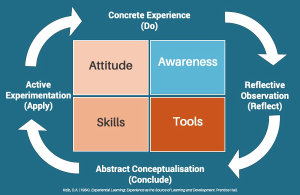
Balanced Experiential Learning includes:
- Concrete experience (projects, activities, life experience, live workplace challenges).
- Reflective and observation through discussion and dialogue to make sense of these experiences
- Abstract conceptualisation incorporating relevant theoretical inputs, knowledge acquisition, skills practice and feedback
- Active experimentation involves taking the newly acquired, conclusions knowledge and theory into a practical setting and trying out new approaches.
It is helpful to consider how this development relates to attitude (how values and beliefs are expressed through behaviour), awareness (an individual’s ability to notice what’s going on at the level of self, others, and system), skills & capability or around the use of appropriate leadership tools.
Experiential Learning is particularly powerful when used in combination with Vertical & Horizontal Development which are described as:
- Vertical Development refers to the advancement in a person's thinking capability to enable them to think & act in more complex, systemic, strategic, and interdependent ways. It develops a deep self and social awareness and an individual’s sense of leadership identity. In contrast,
- Horizontal Development complements the use of Vertical Development approaches & focuses on the acquisition of appropriate knowledge, skills, and competencies in order to support an individual’s ability to skilfully contribute within their role.
What’s the Problem with Existing Virtual Development Approaches?
Historically, many organisations & learning providers have (possibly inadvertently) employed a Horizontal Development approach in their Virtual Programmes. E-learning, webinars & many virtual learning sessions over-rely on information simply being transferred from one party to an audience and do not necessarily involve them in engaging with & reflecting on their learning; the learner plays a comparatively passive role.
There is also a relatively low level of skill in the market to design & deliver genuinely transformational virtual development. Often there is a reliance on content or process without sufficient thinking given to how an intervention can be transformational. Limiting beliefs about the potential of virtual development approaches may inhibit creativity & erode confidence. The reliance on relatively impersonal meeting platforms further aggravates the issue.
There is therefore a risk that existing virtual development methods may not fully equip employees to create an environment for high performance where people are aligned with the organisation’s higher purpose, think & act systemically and are capable of engaging in the solving of complicated & complex business problems.
The Way Ahead?
Incorporating Experiential Learning, Vertical and Horizontal Development into virtual development programmes provides a potent approach that offers the potential to create a transformational impact on both individual leader capability, employee engagement & alignment, and organisation performance.
Working at this intimate level requires the skill and confidence to help individuals to explore their contribution and behaviour though the Vertical Development lens of purpose, identity, values and beliefs.
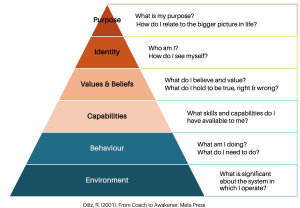
Such work requires individuals to be emotionally aware and articulate and to work at a richer level beyond the transactions involved in ritual and cliché, and facts and information levels of communication. The application of this richer practice is central to the themes of organisation agility, wellbeing, engagement, performance enablement and retention.
Vertical Development also enables a deeper exploration and understanding of organisation values since it helps individuals explore and bring to life their own values in alignment with those of their employer.
The attitude, language & practice around virtual development needs to be re-framed from training (a Horizontal Development activity) to that of facilitation, coaching, and mentoring (Vertical Development).
Pitfalls & Guiding Principles
There are some issues to consider when adopting these approaches and selecting partner or supplier organisations. As with any service, there is a range of quality and capability on offer. At its worst, Experiential Learning has been delivered with an over-focus on the experience. Without meaningful supervision and review it becomes meaningless activity.
Buyers should also be wary of the tendency for ideas around aspects of leadership to be commoditised into products that are marketed as ‘the answer’, when, in reality, a wider and more holistic range of methods and approaches need to be blended together to create a coherent development offering.
The following principles may usefully shape the design & delivery of transformational virtual development interventions:
- Purpose should underpin everything and link macro and micro themes
- Balanced Experiential Learning interventions using high-quality digital tools should include relatable experiences, dialogue, theory inputs, and reflection
- Complementary Vertical & Horizontal Development elements should be combined to help people to operate skilfully in a complex world
- Self and social awareness should be promoted to develop individual Emotional Intelligence
- Work at the level of values and beliefs should underpin sustainable and authentic & effective behaviour
- Systemic thinking should raise levels of thinking and provide context and meaning
- ‘Leadership as a relationship’ should be an underlying theme
- Transformation and sustainable, step-changes in attitudes, behaviours and performance should be the minimum standard
Conclusion
Using Experiential Learning and incorporating Vertical & Horizontal Development offers employees & people-development providers the opportunity to step-up virtual, people development approaches. Such a change will significantly support individuals to lead & operate even more effectively in the VUCA contexts in which they operate and allow organisational values to be brought to life in a more impactful way to enable high-performance at all levels, improve engagement and support retention.
